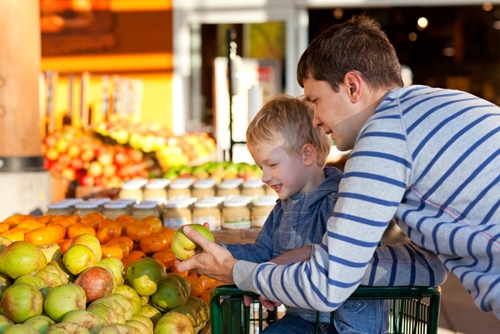
German Supermarket Boasts Packaging-Free Business Model
A new kind of supermarket has hit the scene, and they are a great example of a packaging-free business model. Original Unverpackt (which translates to “Original Unpackaged’ in German), a grocery store that promises absolutely no disposable packaging, opened last month in the Kreuzberg district of Berlin.
The concept
In recent years, the packaging-free business model of buying in bulk has become a much-loved (if semi-trendy) shopping method for the environmentally conscious. Original Unverpackt capitalises on that trend by making it the store’s entire way of doing business.
The store sells products such as cereals, spices, rice and other dry goods from large dispenser cannisters. Customers must either bring along their own containers for the products, or purchase some right at Original Unverpackt. As for liquid products, customers can purchase these by putting a down payment on the products’ packaging – when they come back to the store, they can return the jar or bottle for a full refund.
How to make your own shopping experience less wasteful
Though your supermarket may not offer a fully sustainable shopping method, there are a number of ways you can make your own trip to the store more environmentally friendly.
Buy only what you need: Did you know that 1.3 billion tonnes of food is wasted globally each year, according to the United Nations Food and Agriculture Organisation? How about the fact that families in New Zealand throw away more than $450 worth of groceries each year on average? Cut down your environmental impact by only buying what you need.
Bring reusable bags: Plastic bags harm the environment by clogging landfills and endangering marine life, and paper bags contribute to deforestation. Make your shopping trip eco-friendly by bringing your own reusable bags.
Buy fresh food: Opt for fresh fruits, vegetables and meats that don’t need to be packaged. Single-serve meals, processed foods and snacking items all contribute to unnecessary waste (plus, they just aren’t good for you!).


